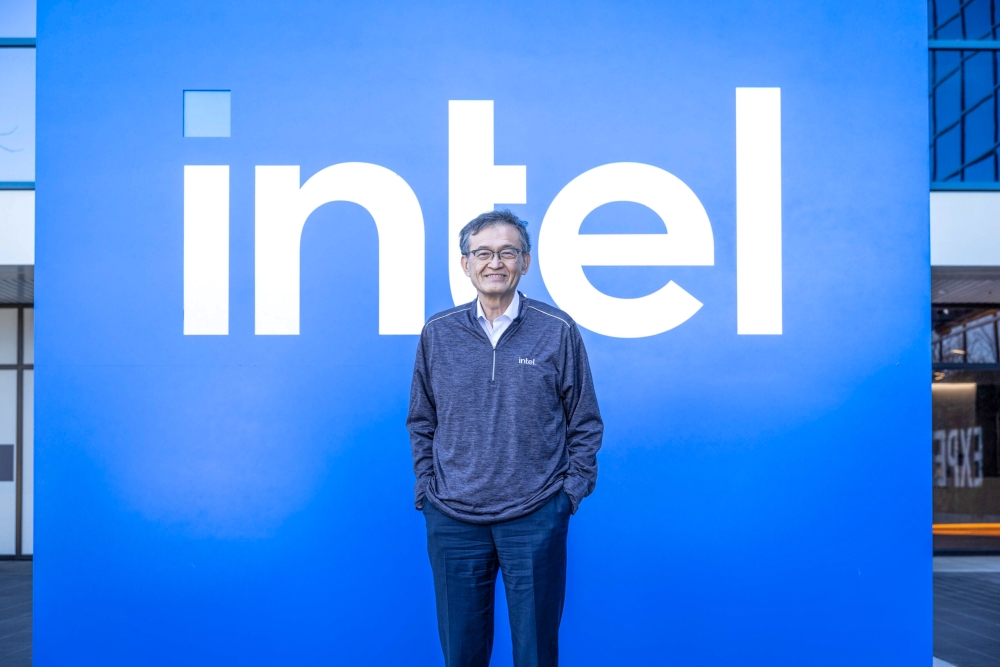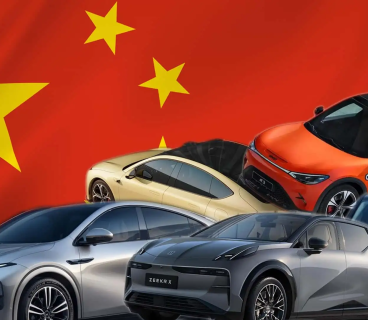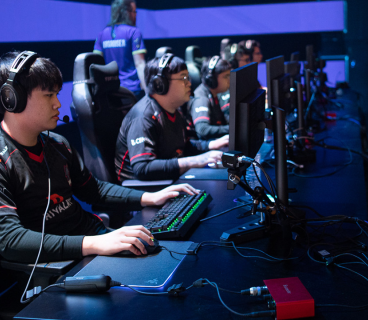Lip-Bu Tan, the CEO of Intel, one of the world’s largest semiconductor (chip) manufacturers, openly admitted that the company failed to keep up with the rapid developments in the field of artificial intelligence (AI). As a result, Intel has fallen behind the market leaders and is struggling to catch up. This statement was published in the Portland-based newspaper, The Oregonian.
Tan emphasized that Intel’s main goal is to reinvent and transform itself in order to return to the top 10 semiconductor manufacturers worldwide. He described the path ahead as a long and challenging race — a marathon — for which the company is preparing.
Currently, companies like NVIDIA, Broadcom, and AMD pose significant competition to Intel. For example, AMD employs about three times fewer people than Intel, yet its market value is more than twice that of Intel. This highlights the serious challenges Intel faces in maintaining its market position.
Nevertheless, Intel is not abandoning the AI sector. Instead of focusing on building large AI data centers, the company plans to concentrate on new-generation chips specially designed for desktops, called NPUs (Neural Processing Units). These chips will allow users to run AI applications locally on their devices without needing an internet connection.
Intel still holds a strong position in the PC processor market, controlling more than half of the global share. However, to avoid falling further behind, the company must make more agile, innovative, and faster decisions and reinvent itself.
These statements reflect the serious challenges Intel currently faces. The company’s future success will depend on how quickly it adopts and implements new technologies and adapts to the competitive landscape.







